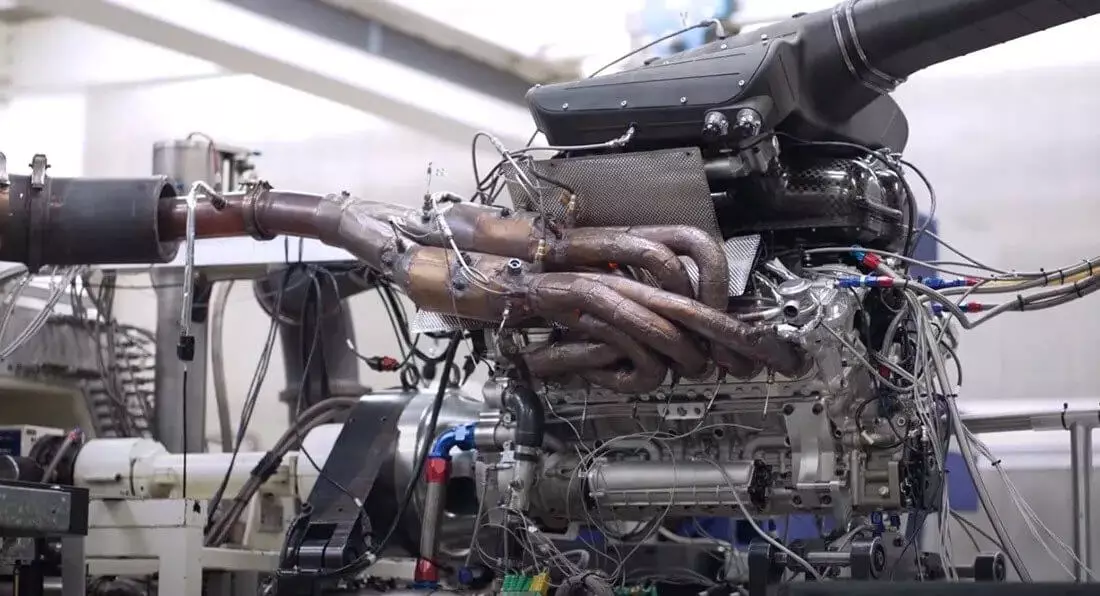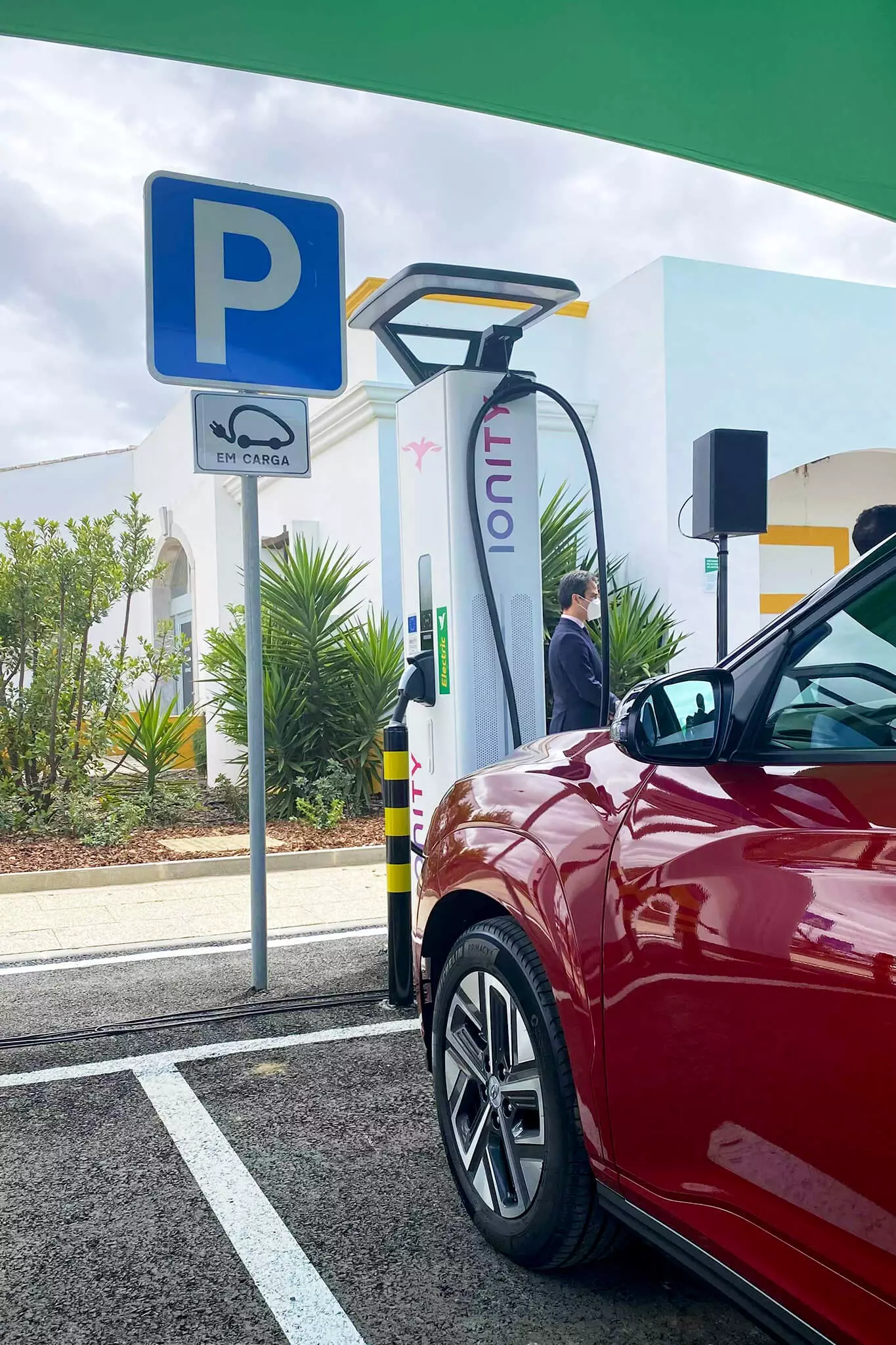The European Commission has just presented a set of proposals to reduce CO2 emissions for new cars that if approved — as everything indicates that it is … — will dictate the end of internal combustion engines as early as 2035.
The goal is to reduce carbon dioxide emission levels for new cars by 55% in 2030 (as opposed to 37.5% announced in 2018) and by 100% in 2035, meaning that from that year onwards all cars will have must be electrical (whether battery or fuel cell).
This measure, which also implies the disappearance of plug-in hybrids, is part of a legislative package — called “Fit for 55” — which aims to ensure a 55% reduction in European Union emissions by 2030, compared to 1990 levels. By on top of all this, it is another decisive step towards carbon neutrality by 2050.

According to the Commission's proposal, "all new cars registered from 2035 onwards must be zero-emissions", and to support this, the executive requires that the Member States of the European Union increase their charging capacity in line with car sales with zero emissions.
Charging network needs to be strengthened
Thus, this package of proposals obliges governments to strengthen the network of hydrogen charging and refueling stations, which on the main highways will have to be installed every 60 km in the case of electric chargers and every 150 km for the refueling of hydrogen.

“Stricter CO2 standards are not only beneficial from the point of view of decarbonization, but will also provide benefits for citizens, through greater energy savings and better air quality”, can be read in the executive's proposal.
“At the same time, they provide a clear, long-term signal to guide both the automotive sector's investments in innovative zero-emission technologies and the deployment of recharging and refueling infrastructures,” argues Brussels.
And the aviation sector?
This package of European Commission proposals goes far beyond cars (and internal combustion engines) and also proposes a new regulation that supports a faster transition from fossil fuels to sustainable fuels in the aviation sector, with the aim of making the less polluting air travel.

According to the Commission, it is important to ensure that “increasing levels of sustainable aviation fuels are available at airports in the European Union”, with all airlines being obliged to use these fuels.
This proposal “focuses on the most innovative and sustainable fuels for aviation, namely synthetic fuels, which can achieve emission savings of up to 80% or 100% compared to fossil fuels”.
And maritime transport?
The European Commission has also put forward a proposal to encourage the adoption of sustainable marine fuels and zero-emission marine propulsion technologies.

For this, the executive proposes a maximum limit for the level of greenhouse gases present in the energy used by ships that call at European ports.
Altogether, CO2 emissions from the transport sector “account for up to a quarter of total EU emissions and, unlike other sectors, are still rising”. Thus, “by 2050, emissions from transport must decrease by 90%”.
Within the transport sector, automobiles are the ones that pollute the most: road transport is currently responsible for 20.4% of CO2 emissions, aviation for 3.8% and maritime transport for 4%.
